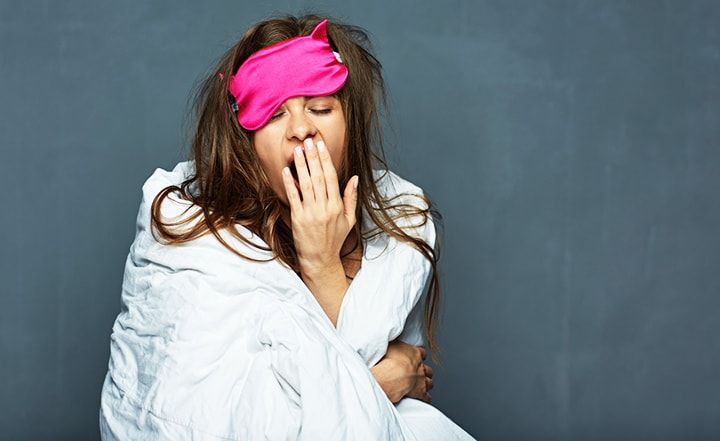
Did you know that sleep plays an important role in our health and well-being? And that the way we feel when awake depends a lot on the quality of our sleep? We often have conversations related to the quality of our sleep and its effects within Malini’s Girl Tribe. So, we invited Dr. Lancelot Pinto, Consultant Pulmonologist at PD Hinduja Hospital, to host an Ask Me Anything session on sleep and sleep-related disorders.
Dr. Pinto answered all questions related to insomnia, excessive daytime somnolence (sleeping in the day), morning headaches, irritability through the day, recent weight gain, uncontrolled diabetes, hypertension, recurrent strokes, inability to concentrate, etc. Scroll down to read how you can create healthy sleep hygiene and sleep soundly.
Q. I have a hard time falling asleep at night due to which I’m facing hormonal imbalance. I exercise in the evening but still don’t get tired enough to fall asleep. The next morning I’m usually very tired and irritated through the day. How can I resolve this?
I would suggest you stop exercising in the evenings, as the release of adrenaline and other similar adrenergic hormones can interfere with sleep. Sleep apnea is a common cause of daytime sleepiness and should be looked for, especially if you snore.
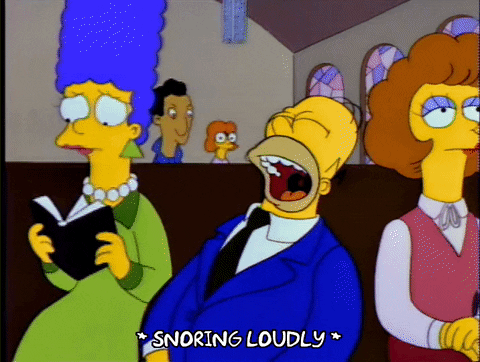
Q. I’ve been dealing with anxiety for almost a decade and that has completely wrecked my sleep. My psychiatrist has given me anxiolytics which has improved sleep quality for the past six months but if I miss a single dose I’m back to square one. The psychiatrist recommended I continue the medication for nine months. I am not sure if that is safe or if I would be able to have good sleep without the meds. Please advise.
While I would not comment on the psychiatric medicines as it isn’t my area of expertise, therapies such as meditation, hypnotherapy, and cognitive behavioural therapy are useful adjuncts, and should also be tried.
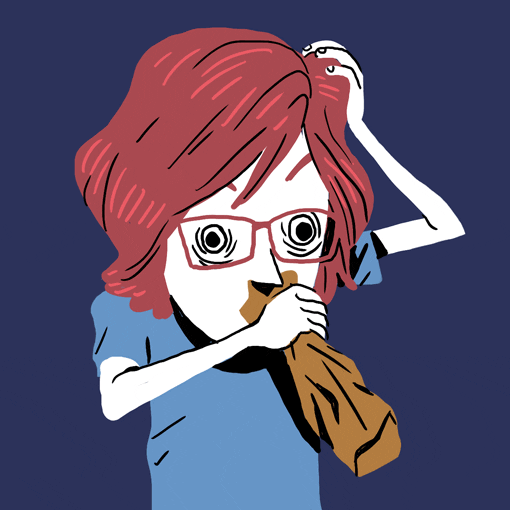
Q. My sleep time is very short and if I am stressed I don’t sleep the whole night. Please guide me on what to do.
Some individuals tend to be light sleepers and making the room conducive to sleep (blackout curtains, soundproofing, asking the spouse not to use the washroom and flush at night) can all help. As you have realised yourself, there appears to be a strong link between you being anxious and the quality of your sleep. Try working on calming techniques such as meditation, going for a walk, reading with a non-backlit device before bedtime to help you calm down.
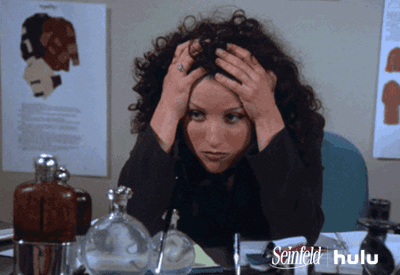
Q. It’s been more than four months now that my father is unable to sleep at night. He sleeps for four hours maximum. He is 70 years old. We’ve tried all remedies for him including oil massages, herbal teas, etc. but nothing has worked. Please advise.
Insomnia that appears acutely, or suddenly in an elderly individual needs a neurological evaluation. However, many elderly individuals have been severely anxious and depressed in the lockdown, and insomnia can be a symptom of such depression. Your father might need a neurological and psychiatric evaluation.
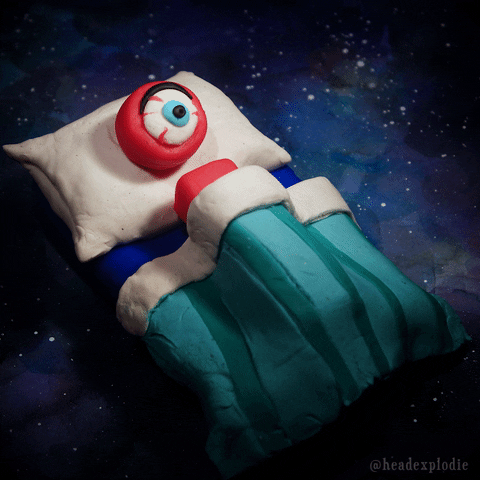
What’s your biggest concern when it comes to sleep? Please share it with us in the comments below.
Join Malini’s Girl Tribe on Facebook to be a part of more such conversations!

